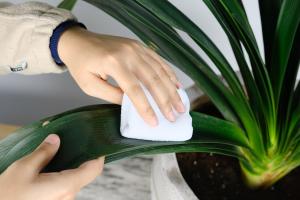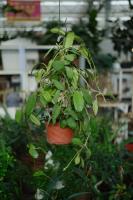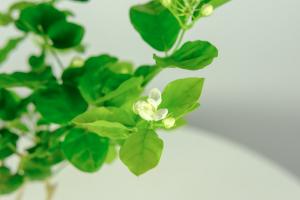Introduction
Watering plants is an essential aspect of gardening, and it is crucial to ensure that plants receive adequate water supplies to thrive. However, the quality of water you use can also influence the success of your plants. This article explores what happens if you water plants with boiling water and its possible outcomes.
What is Boiling Water?
Boiling water is water that has reached its boiling point of 100 degrees Celsius or 212 degrees Fahrenheit. Boiling water eliminates most of the microbes and other contaminants that may be present, making it a popular method for water purification in many households.
Effect of Boiling Water on Plants
Boiling water can be detrimental to plants as it can cause significant damage to the roots and the stem. The high temperature of the water can scorch the plant's leaves and cause them to wither, leading to plant death in severe cases.
Possible Outcomes of Watering Plants with Boiling Water
1. Root Damage: When you pour boiling water onto the soil around a plant, it can cause the roots to become burnt and damaged. The roots are the primary means by which plants absorb nutrients and water. Damaged roots can hinder the plant's growth and reduce its ability to survive.
2. Leaf Scorching: Pouring boiling water onto the leaves of the plant can cause them to become scorched and withered. This may lead to the plant dying or becoming severely weakened.
3. Soil Sterilization: Boiling water can sterilize the soil by killing off beneficial microorganisms, such as bacteria and fungi. This can lead to a decline in soil quality and can make it difficult for plants to grow.
Alternatives to Boiling Water
Instead of using boiling water, there are several alternative methods that you can use to ensure your plants receive adequate water supplies. You can use regular tap water, or if your tap water is hard, you can use rainwater or water from a water softener. Alternatively, you can invest in a water filtration system to remove impurities from your water supply.
Conclusion
In conclusion, watering plants with boiling water can cause significant damage to a plant's roots, leaves, and stem. It can also sterilize the soil and make it difficult for plants to grow. Therefore, it is essential to avoid using boiling water to water your plants and to opt for other safer methods to ensure your plants remain healthy and thrive.

 how many times do yo...
how many times do yo... how many planted tre...
how many planted tre... how many pine trees ...
how many pine trees ... how many pecan trees...
how many pecan trees... how many plants comp...
how many plants comp... how many plants can ...
how many plants can ... how many plants and ...
how many plants and ... how many pepper plan...
how many pepper plan...































